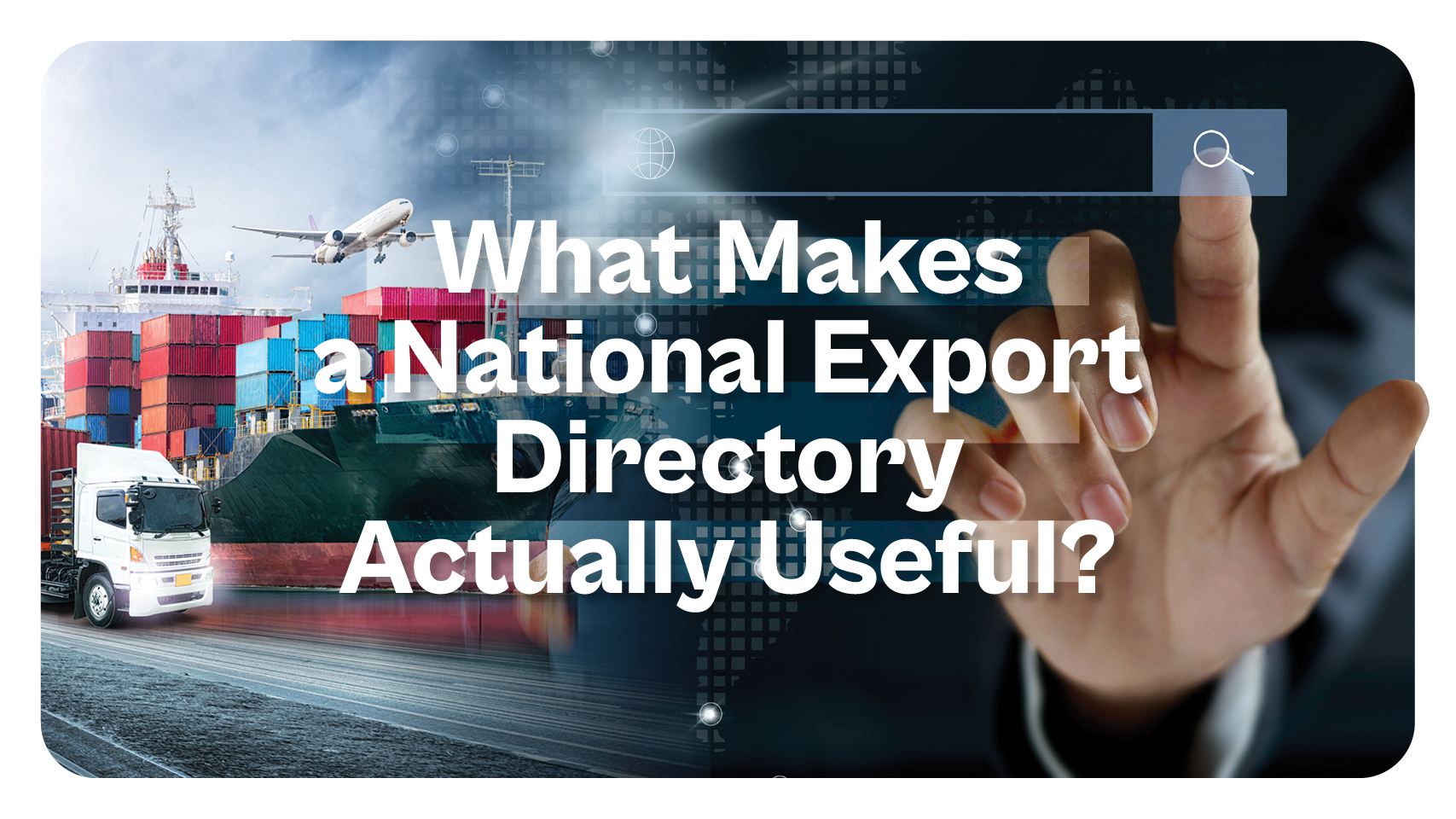
Maximizing Operational Excellence: 19 Questions Every PE Operations Manager Should Ask Before Investing In A Vendor Management Software Solution

The pursuit of greater efficiency, cost-effectiveness, and agility in operations has increased the demand for advanced vendor management software. For operations managers working in private equity firms, choosing to invest in such software holds significant consequences. It's not just a technological decision, but also a strategic move that can either boost or hinder the firm's operational capabilities.
To navigate the complex maze of vendor relationships, it is not enough to simply evaluate available software solutions at a surface level. Success relies on a meticulous understanding of your private equity fund's intricate needs, a keen eye for transformative capabilities, and an acute awareness of the potential pitfalls of the various vendor management solutions.
Vendor management is a multifaceted process that involves numerous interrelated tasks, such as identifying suppliers, negotiating contracts, managing payments, maintaining quality control, and ensuring compliance. It is a time-consuming and complex process that requires the right tools to streamline and optimize operations. As such, choosing the right solution (especially a scalable solution to ensure future growth as well as current success) is critical.
We've created this article to help ease some of that burden and to provide you with a comprehensive roadmap by outlining 19 pivotal questions that are crucial for dissecting and evaluating vendor management software before making any investment decisions.
These questions are intended to assist you in recognizing the advantages and drawbacks of different vendor management software solutions that you're considering, as well as assessing them based on the requirements of your firm. Take the time to consider each of these questions thoroughly, and share them with your team members to gain a holistic viewpoint. By doing so, you can ensure that whatever vendor management system you select, you will achieve your objectives.

💡Want a simple, powerful, streamlined solution? Check out Proven's vendor management software. Learn more here.
19 Questions to Consider Before Choosing your Vendor Management Solution:
As a private equity firm, you want to achieve operational mastery for your portfolio companies. However, with so many vendor management tools available, it can be overwhelming to choose the right one. Merely relying on online reviews and vendor marketing can lead to disappointment, as the best vendor management software for your firm is one that is tailored to your specific situation, and no one knows that better than you.
So, to ensure that you succeed in your quest for the right vendor management software, use a structured inquiry. This inquiry will help you cut through the jargon and technicalities and make an informed decision.
1) What are the Specific Needs and Goals of the Firm?
Understanding the unique requirements and objectives of your private equity firm is fundamental. Before investing in any software, it's crucial to identify pain points in your current vendor management process. Assess the existing procurement process, the approval process for vendor deliverables, scalability, compliance needs, communication gaps, and your desired outcomes. You also want to consider the needs of the portfolio companies that will benefit from this upgrade.
2) Is the Software User-Friendly and Customizable?
Ease of use and adaptability are vital for a growing private equity fund. The vendor management platform you choose should be intuitive for users across different skill levels—from a dedicated account manager to general fund managers—and adaptable to your firm's specific workflows. Customization capabilities ensure alignment with your firm's processes, enhancing efficiency and user adoption.
3) What Features Does the Software Offer?
Evaluate the software's features against the firm's requirements. Key functionalities such as vendor onboarding, contract management, performance tracking, and analytics should align with your needs and industry standards.
4) How Secure is the Software?
Security is non-negotiable, especially when dealing with sensitive vendor data. Inquire about the software's security measures, including data encryption, access controls, compliance certifications, and disaster recovery plans to minimize risks.
5) Does it Integrate with Existing Systems?
Depending on your use case, you should check compatibility and integration capabilities with any existing system you may have implemented or existing tools you are using (e.g., ERP systems and accounting software), as this is crucial to streamlining operations. Seamless integration reduces redundancies and enhances data accuracy.
6) What Support and Training is Provided?
Adequate support and training for key stakeholders at your firm are essential for successful implementation. Inquire about support services, training programs, and resources available to ensure smooth adoption and ongoing assistance with your chosen vendor management solution.
7) What is the Total Cost of Ownership (TCO)?
Beyond the initial investment, consider the long-term expenses associated with the software, including licensing fees, maintenance, upgrades, and potential customization costs. Assess the TCO to determine the software's overall affordability.
8) Can the Software Scale with the Firm's Growth?
Scalability is paramount for growth-driven private equity funds. The chosen software should accommodate the firm's growth trajectory without compromising performance or requiring frequent overhauls.
9) What is the Vendor's Reputation and Track Record?
Research the software vendor's reputation, customer reviews, and track record. A reliable vendor with a history of delivering quality products and excellent customer service is more likely to provide a satisfactory software solution.
10) Have Similar Firms Experienced Success with this Software?
Seek case studies or references from similar firms that have implemented the software successfully. Learning from their experiences can provide valuable insights into the software's practical benefits and potential challenges.

💡Recommended Read: Driving Innovation for PEs through better vendor management systems
11) How Does the Software Handle Compliance and Regulatory Requirements?
Ensure that the software complies with industry standards and regulatory frameworks pertinent to vendor management (such as GDPR, SOC 2, and HIPAA). Verify that it facilitates compliance monitoring, reporting, and audit trails.
12) What Level of Automation and Workflow Management Does the Software Offer?
Assess the software's automation capabilities for tasks like approval workflows, invoice processing, and vendor performance evaluations. A robust workflow management system can significantly enhance operational efficiency.
13) Does the Software Provide Real-time Analytics and Reporting?
Real-time reporting and analytics enable data-driven decision-making. Evaluate the software's reporting capabilities, dashboards, and analytics tools to gain insights into vendor performance, risks, and opportunities.
14) How Does the Software Handle Vendor Relationships and Collaboration?
Evaluate features that facilitate communication, collaboration, and feedback mechanisms between the firm, portcos, and its vendors. Tools like vendor communication channels or portals can streamline interactions and strengthen relationships.
15) What Level of Mobile Accessibility Does the Software Offer?
Regarding software accessibility, it is crucial to ensure that it can work on various devices, especially mobile devices. You should assess whether the software provides mobile applications or responsive interfaces for on-the-go access and functionality. The importance of mobile accessibility for your private equity firm and portfolio companies should be determined, as it will simplify the process of shortlisting suitable software.
16) Can the Software Facilitate Vendor Diversity and Inclusion Initiatives?
If vendor diversity and inclusion are priorities for the firm, inquire about the software's capabilities to track and manage diverse vendor relationships, ensuring adherence to inclusion goals.
17) How Does the Software Handle Vendor Risk Management and Continuity Planning?
Assess the software's ability to identify, assess, and mitigate vendor-related risks. Look for features that support risk assessment, contingency planning, and business continuity in case of vendor disruptions.
18) Can the Software Offer Predictive Insights or Forecasting Capabilities?
Investigate whether the software utilizes predictive analytics or machine learning algorithms to forecast trends, anticipate vendor performance, and proactively address potential issues for efficient and dynamic vendor management.
19) How Does the Software Ensure Data Migration and Vendor Information Transfer?
When transitioning to a new software solution, inquire about the process for migrating existing vendor data and ensuring a smooth transfer of information without data loss or discrepancies.
Conclusion
Investing in vendor management software is a strategic decision that can significantly impact private equity firms' operations. By asking these nineteen crucial questions, private equity fund managers and operations managers can make informed decisions, ensuring that the selected software aligns with your firm's needs, goals, and long-term success that will ensure excellent returns for your firm and your private equity investors.










